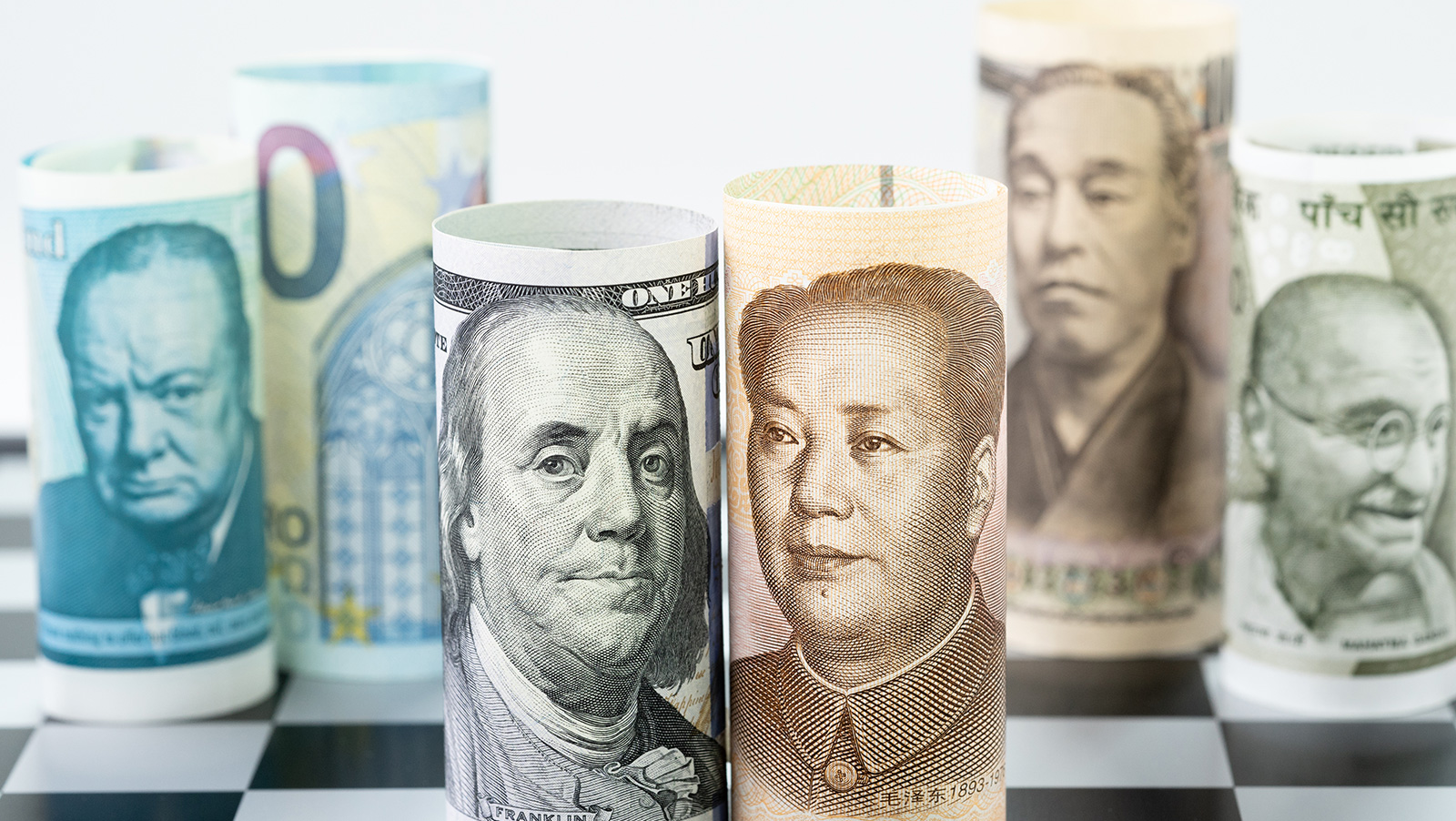Money is the blood of an economy. If the blood is poisoned, so is the economy, no matter how well a company does bottom line or how great its prospects are. This is why, before focusing in on any particular company, it’s usually a good idea to make an assessment of the monetary environment that it operates within. Betsson is a good running example of a company doing the best it can given an out-of-kilter monetary environment. Since 2015, it has been the victim of the equivalent of monetary and regulatory sepsis, both of which are totally out of its control.
The only job of any company is simply to make more money than before. This, Betsson has succeeded in doing with revenue up 27% since 2015, but its stock has nonetheless cratered over 50% since topping that year. If you’re making more money but your stock keeps falling, something is wrong with the system in which you’re operating. In Betsson’s case, what has done the stock in since 2015 has been regulatory conservatism, a strategic decision on its part, and unfavorable foreign exchange rates, over which it has zero control.
Adopting a conservative stance on the regulatory front can’t really be faulted. It’s a long term strategic decision that people on top have to make, period. Shareholders can throw fits about market forfeiture but exiting markets knowing that this will hurt shareholders short term is sometimes a necessary move that hopefully pays off in the end by decreasing future volatility. If it does in the end it’s called prudent bravery. If it doesn’t, it’s called cowardice in retrospect. That’s just the way the world turns.
What really killed Betsson since 2015 was a six-month period in 2016. Betsson was coming off the back of extremely optimistic growth expectations and quickly deflated that balloon by a downward revision of guidance due to the exiting from several risky European markets, worsened by declines in the Swedish Krona. But clear all that out and just look at its income statements over the years and they’re really nothing to cry over. They’re actually pretty good, challenges considered. Since the end of 2015 when shares topped, revenue is still up 27%. Gross profit is up 29%. A whole slew of important metrics such as active customers, deposits, and other gaming fundamentals have been growing healthily despite setbacks.
